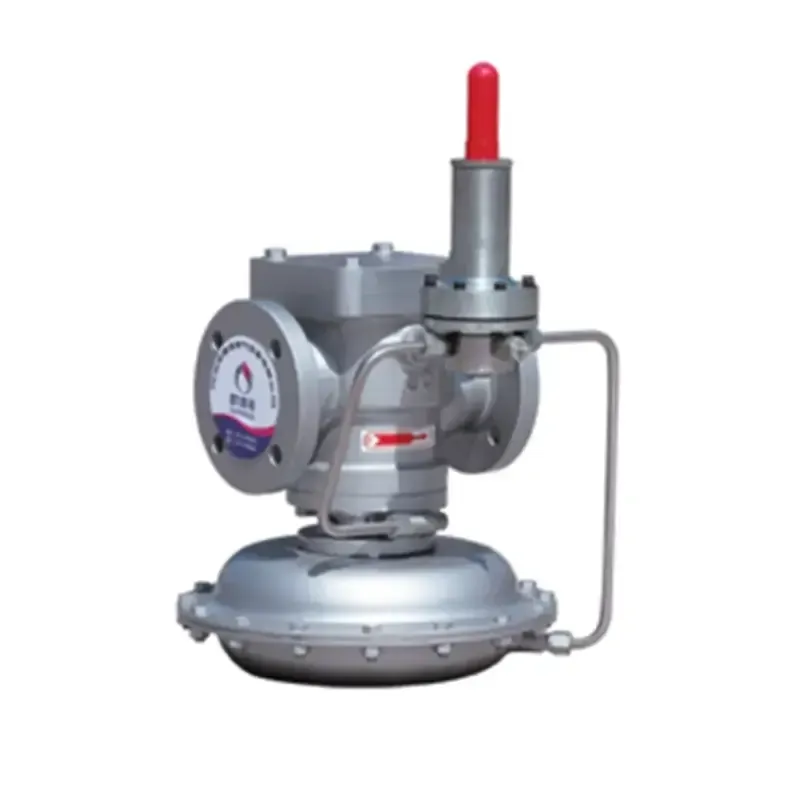
Jan . 20, 2025 02:03
Back to list
cyclone separator
Cyclone separators, also known as cyclone dust collectors or cyclone filters, are essential components in various industrial applications. These devices utilize the principle of centrifugal force to separate dust, particulates, and other unwanted materials from air or gas streams, significantly enhancing the efficiency and longevity of machinery and equipment.
Real-world implementations of cyclone separators showcase their versatile application across diverse sectors. For instance, they are instrumental in sawmills and cabinetry workshops, where they capture wood shavings, sawdust, and other particulates, significantly reducing fire hazards and contributing to cleaner air in workspaces. In agricultural settings, cyclone separators play a pivotal role in grain dust collection, ensuring compliance with safety regulations and reducing health risks. Beyond industrial applications, cyclone separators are also gaining traction in residential heating and cooling systems. Here, they enhance the performance of HVAC systems by preventing dust accumulation, which can impede airflow and reduce energy efficiency. By integrating cyclone technology, homeowners achieve cleaner indoor air, promoting healthier living environments. As credible and trusted tools in air filtration, cyclone separators are continually being refined to meet evolving environmental and regulatory standards. Innovations in design, such as multi-cyclone systems or hybrid configurations that incorporate filters post-separation, further enhance their efficiency and application scope. These advancements allow industries to better manage their environmental footprint while maintaining high operational standards. When investing in a cyclone separator, consulting with experts who have deep technical knowledge and industry experience ensures the selection of the most suitable model. Professional advice helps in understanding the nuances of cyclone design and performance metrics, leading to informed decisions and optimal system integration. Ultimately, the application of cyclone separators extends beyond dust collection to define the standards for efficiency, reliability, and sustainability in air filtration technology. Their continued evolution underscores their enduring importance in industrial and emerging residential markets, cementing their status as indispensable tools in the quest for cleaner, safer air.


Real-world implementations of cyclone separators showcase their versatile application across diverse sectors. For instance, they are instrumental in sawmills and cabinetry workshops, where they capture wood shavings, sawdust, and other particulates, significantly reducing fire hazards and contributing to cleaner air in workspaces. In agricultural settings, cyclone separators play a pivotal role in grain dust collection, ensuring compliance with safety regulations and reducing health risks. Beyond industrial applications, cyclone separators are also gaining traction in residential heating and cooling systems. Here, they enhance the performance of HVAC systems by preventing dust accumulation, which can impede airflow and reduce energy efficiency. By integrating cyclone technology, homeowners achieve cleaner indoor air, promoting healthier living environments. As credible and trusted tools in air filtration, cyclone separators are continually being refined to meet evolving environmental and regulatory standards. Innovations in design, such as multi-cyclone systems or hybrid configurations that incorporate filters post-separation, further enhance their efficiency and application scope. These advancements allow industries to better manage their environmental footprint while maintaining high operational standards. When investing in a cyclone separator, consulting with experts who have deep technical knowledge and industry experience ensures the selection of the most suitable model. Professional advice helps in understanding the nuances of cyclone design and performance metrics, leading to informed decisions and optimal system integration. Ultimately, the application of cyclone separators extends beyond dust collection to define the standards for efficiency, reliability, and sustainability in air filtration technology. Their continued evolution underscores their enduring importance in industrial and emerging residential markets, cementing their status as indispensable tools in the quest for cleaner, safer air.
Next:
Latest news
-
Safety Valve Spring-Loaded Design Overpressure ProtectionNewsJul.25,2025
-
Precision Voltage Regulator AC5 Accuracy Grade PerformanceNewsJul.25,2025
-
Natural Gas Pressure Regulating Skid Industrial Pipeline ApplicationsNewsJul.25,2025
-
Natural Gas Filter Stainless Steel Mesh Element DesignNewsJul.25,2025
-
Gas Pressure Regulator Valve Direct-Acting Spring-Loaded DesignNewsJul.25,2025
-
Decompression Equipment Multi-Stage Heat Exchange System DesignNewsJul.25,2025

